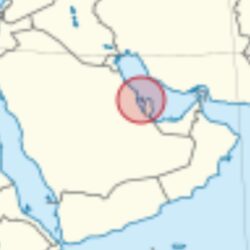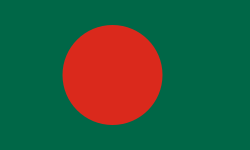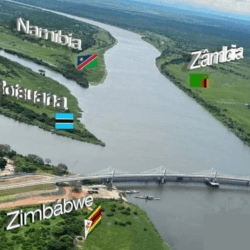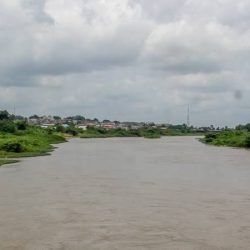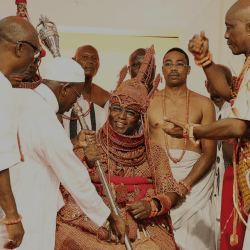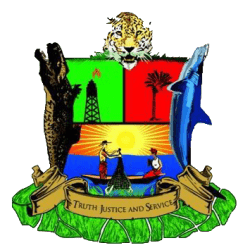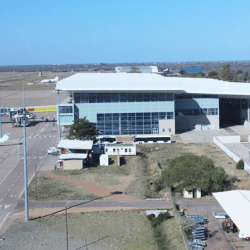The fascinating etymology and deep-rooted history behind the name Bangladesh — uncovering its linguistic origins, cultural symbolism, and evolution from ancient Bengal to the modern nation-state.
The Meaning Behind “Bangladesh”
The name Bangladesh directly translates to “The Land of Bengal.” It’s formed from two components — Bangla, referring to the Bengal region and its people, and Desh, derived from the Sanskrit word deśha, meaning “country” or “land.” Together, these words evoke a strong sense of place and identity — not merely as a territory, but as the cultural heart of millions who share a common language and heritage.
When the nation achieved independence in 1971, adopting the name Bangladesh symbolized more than political sovereignty — it marked the restoration of an ancient identity. For centuries, Bengal had been a cradle of civilization, art, and learning. The name served as a bridge between the past glory of Bengal and its modern national consciousness.
The Mysterious Origins of “Bangla”
The term Bangla has deep historical and linguistic roots. While it’s universally recognized today as the name of the Bengali language and people, its etymological beginnings stretch back thousands of years. Scholars suggest multiple theories to explain how Bangla came to describe both the land and its inhabitants.
One hypothesis points to a proto-Dravidian tribe that once inhabited the area during the Bronze Age, possibly known as the Bang or Bonga people. Another theory connects the name to the ancient Vanga Kingdom, an Iron Age polity mentioned in early Sanskrit texts and epics such as the Mahabharata. Over time, Vanga may have evolved phonetically into Bangla through linguistic shifts common in Indo-Aryan languages.
Earliest Recorded Uses of “Bangla”
The earliest known use of a word resembling Bangla appears in the Nesari plates dated to 805 AD. Later, South Indian inscriptions from the 11th century refer to the region as Vangala Desa, which translates roughly to “the land of Vanga.” These inscriptions provide crucial evidence that the identity of Bengal was well established long before the medieval period.
By the 14th century, the term had gained official recognition during the Sultanate of Bengal, when Bangala became the administrative and cultural term for the region. Historical chronicles note that Shamsuddin Ilyas Shah, the founder of the Bengal Sultanate, declared himself the first Shah of Bangala in 1342 — marking a pivotal moment in the formalization of the name.
From “Bangala” to “Bangāl”: Islamic and Mughal Influence
During the Islamic period, Bangala gradually evolved into Bangāl, a pronunciation favored by Persian and Arabic speakers. This term appeared frequently in Mughal administrative documents, trade records, and literary works. The Mughal historian Abu’l-Fazl ibn Mubarak referenced Bangāl in his famous text Ain-i-Akbari, providing both linguistic and geographical explanations for the name.
According to Abu’l-Fazl, the suffix “al” was derived from the local practice of raising mounds of earth — known as al — in lowland areas at the foot of hills. This creative interpretation linked the land’s physical geography to its very name. Another 18th-century historian, Ghulam Husain Salim, repeated this explanation in his celebrated chronicle Riyaz-us-Salatin, reinforcing the cultural continuity of the term.
The Rise of “Bangladesh” in Modern Times
Although the word Bangla had existed for centuries, the modern compound “Bangladesh” — meaning “Country of Bengal” — began appearing in patriotic literature during the early 20th century. Bengali poets and thinkers used it to evoke pride and unity among their people.
The Nobel laureate Rabindranath Tagore mentioned the term in his 1905 song Aaji Bangladesher Hridoy, composed during the first partition of Bengal under British rule. Later, the revolutionary poet Kazi Nazrul Islam used it in his 1932 composition Namo Namo Namo Bangladesh Momo, celebrating the spirit of the land and its people.
By the 1950s, during the era of East Pakistan, the word Bangladesh gained powerful political resonance. It was used by Bengali nationalists to express the desire for self-determination, cultural recognition, and linguistic equality. The culmination came in 1971, when the newly independent nation officially adopted Bangladesh as its name — a term rooted in both ancient heritage and modern aspiration.
The Etymology of “Desh”
The suffix Desh is equally significant. Originating from the Sanskrit word “deśha,” it means “land,” “country,” or “territory.” The term appears across South Asia in other place names such as Maharashtra Desh and Khandesh, always signifying a defined homeland. In Bangladesh, it conveys belonging — the idea that this land is inherently tied to the identity and spirit of its people.
Cultural and Emotional Significance Today
For Bangladeshis today, the name Bangladesh represents far more than geography. It encapsulates centuries of struggle, culture, language, and resilience. The term connects the ancient land of Vanga and Bangala to the modern Bengali nation, uniting millions under a shared heritage that transcends borders and time.
It’s a word that resonates deeply — echoing in patriotic songs, literature, and the national consciousness. Every utterance of Bangladesh serves as a reminder of the land’s enduring beauty, its historical continuity, and the unwavering pride of its people.
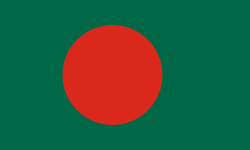
1. What does the name Bangladesh literally mean?
It literally means “The Land of Bengal” — combining Bangla (Bengal) and Desh (land or country).
2. Where did the term “Bangla” originate?
It likely evolved from ancient names such as Vanga or Bonga, referring to early kingdoms or tribes in the Bengal region.
3. When was the term “Bangladesh” first used?
The term appeared in early 20th-century patriotic literature and gained political prominence in the 1950s, before becoming official in 1971.
4. Who were the first to use “Bangladesh” in songs or poems?
Poets Rabindranath Tagore and Kazi Nazrul Islam were among the first to use it, in 1905 and 1932 respectively.
5. What does the suffix “Desh” mean in other South Asian contexts?
Desh means “country” or “land” and appears in several South Asian place names, such as Khandesh and Maharashtra Desh.
6. Why is the name culturally significant today?
Because it embodies the nation’s heritage, language, and independence, serving as a symbol of unity and national pride.
The story of Bangladesh is the story of a name that carries the weight of millennia. From its obscure beginnings in ancient inscriptions to its revival in modern nationalism, Bangladesh stands as a living testament to the enduring spirit of the Bengali people. The evolution from Vanga to Bangla, and finally to Bangladesh, mirrors the region’s long journey — from a cultural heartland to a proud, independent nation whose name means, quite simply, the beloved land of Bengal.
